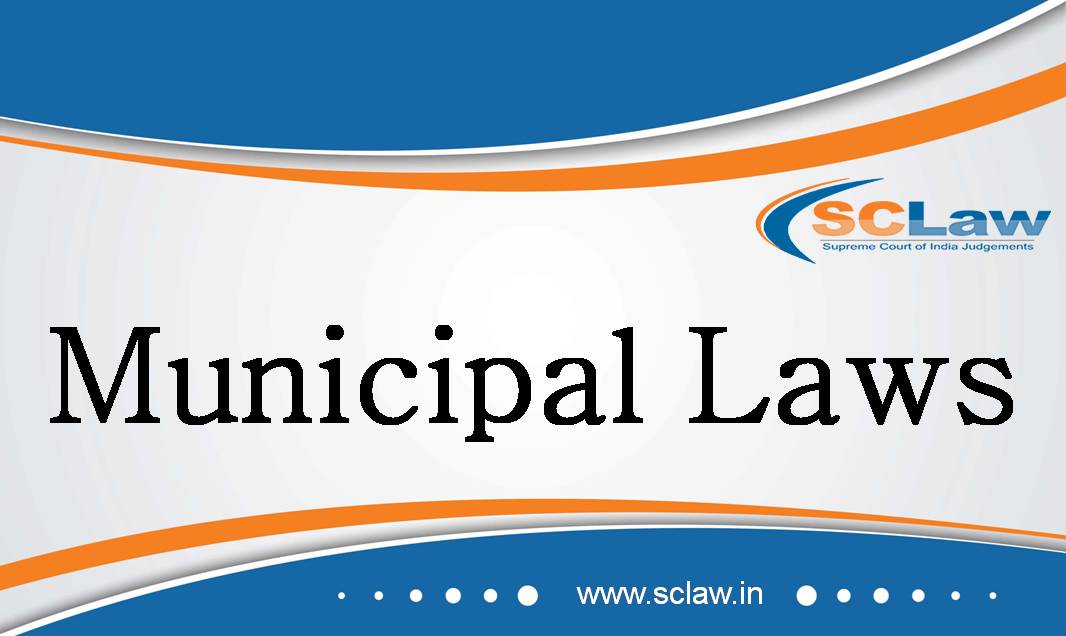Public Interest Litigation (PIL) — Property Tax Revision — Akola Municipal Corporation — Challenge to legality of property tax revision (2017-18 to 2021-22) via Public Interest Litigation (PIL) — Financial Autonomy of Municipal Bodies — Property tax is main source of income for Municipal Corporations to perform vital statutory obligations (urban planning, public health, infrastructure upkeep) — Financial stability and independence are integral to functional efficacy of municipal bodies — Revision of tax structure is necessary to match rising costs and sustain functions — Municipal bodies must have independent revenue sources to avoid dependency on State grants — Failure to revise tax structure for long periods (here, 2001-2017) constitutes gross laxity. (Paras 4, 5, 6, 7, 8, 9, 27)
2025 INSC 1398 SUPREME COURT OF INDIA DIVISION BENCH AKOLA MUNICIPAL CORPORATION AND ANOTHER Vs. ZISHAN HUSSAIN AZHAR HUSSAIN AND ANOTHER ( Before : Vikram Nath and Sandeep Mehta, JJ.…




